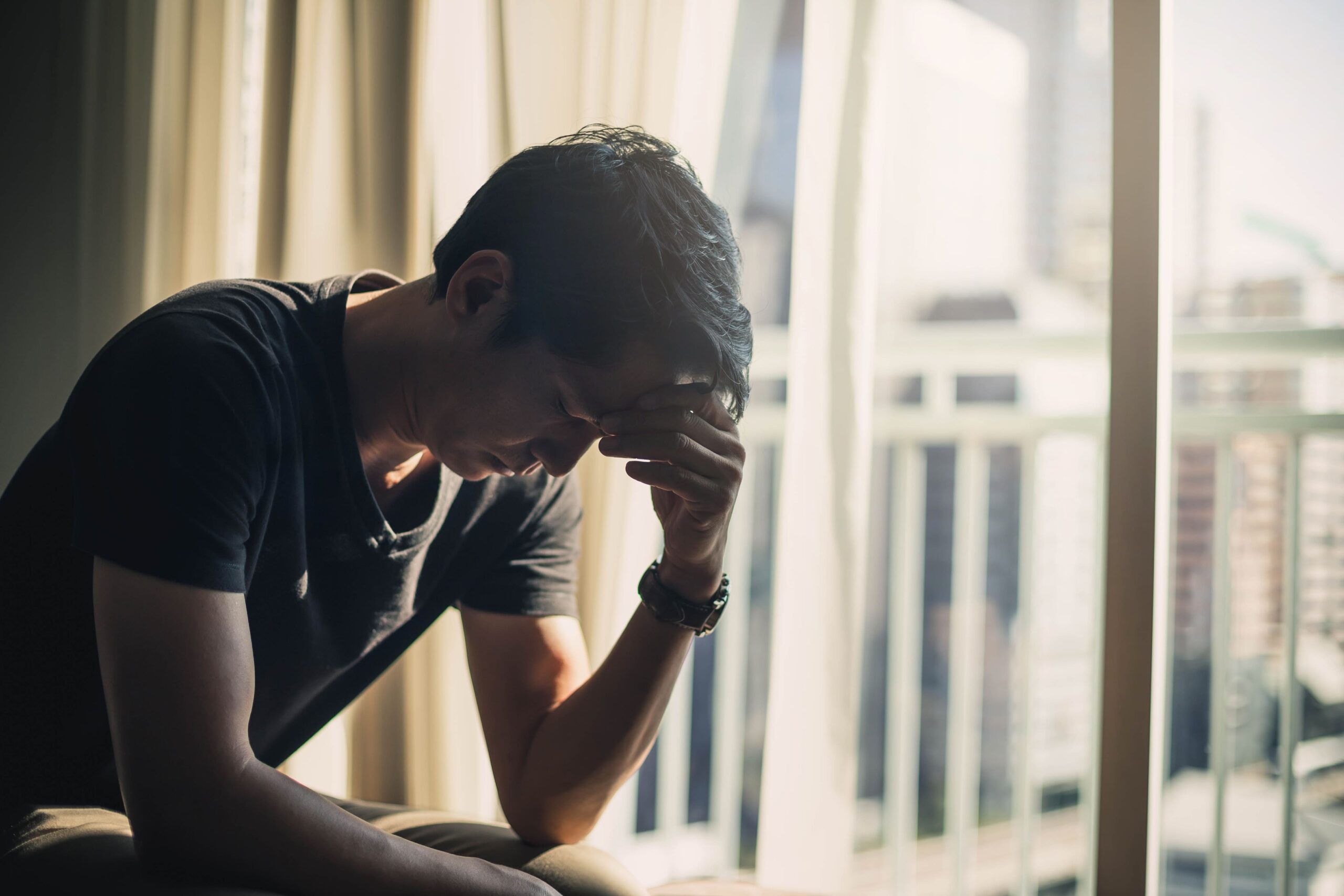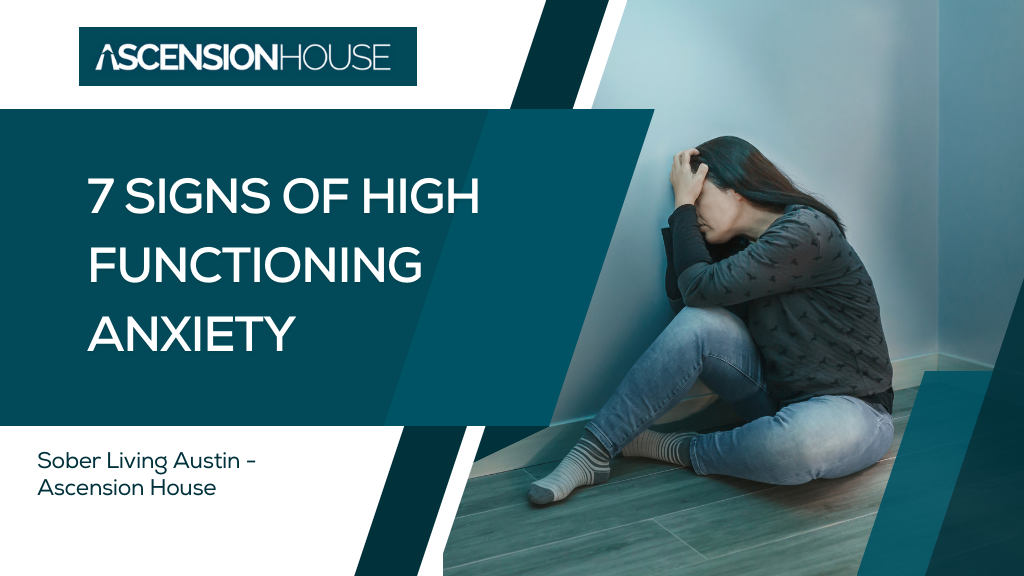
As we understand more and more about mental health, the things that affect it, and the disorders people have, anxiety becomes more widely accepted as a treatable issue and not just a temporary problem to face alone.
Several anxiety-related mental disorders manifest in different ways- one being high-functioning anxiety.
High-functioning anxiety symptoms are a little different from other types of anxiety, and understanding how it presents itself can lead people to get the help they need and deserve.
Below, we discuss the seven critical high-functioning anxiety signs, their triggers, and how people can tackle them.
What Is High-Functioning Anxiety?
High-functioning anxiety is a lesser-explored mental illness because it is not recognized in the Diagnostic and Statistical Manual of Mental Health Disorders. However, it still very much impacts people’s lives.
People with high-functioning anxiety are usually successful and manage daily life without many outward struggles, but internally, they suffer. It affects people’s ability to rest, relax, and switch off- manifesting in their temperament, posture, and nervous habits.
Unlike classic anxiety symptoms, the signs that a person has high-functioning anxiety can be challenging to see- since the people suffering can usually do a good job concealing them until they go too far.
Diagnosing high-functioning anxiety is difficult because many of those who suffer do not believe anything is wrong- they put it down to their busy lifestyle and stressful situations. These things can trigger the disorder, but many people face a far bigger battle to handle them than if they spoke to someone about their feelings.
Other triggers for high-functioning anxiety may include:
- Genetic and environmental factors
- Alcohol abuse or recovering from alcohol abuse
- Shyness that evolves into anxiety symptoms
- Traumatic events
- Extreme stress and pressure
- Some health conditions
- Major lifestyle changes
Recognize the subtle signs of high functioning anxiety – a closer look into managing the invisible battles within.
— Ascension House – Sober Living Austin (@AscensionSober) August 9, 2023
Blog here: https://t.co/CFCI0X57Dd pic.twitter.com/wBI0ZEWTmp
What Are the Seven Signs and Symptoms of High Functioning Anxiety Disorders?
There are seven leading symptoms related to high-functioning anxiety. Some concern a person’s mental health, and others are signs that appear in their lifestyle.
It is important to note that experiencing a few of these symptoms does not necessarily mean you have high-functioning anxiety, and you could have it even if only some of the seven apply to you. It is best to speak to a mental health professional if you are concerned that your symptoms could show you are suffering from an anxiety disorder.
Feeling Excessively Anxious or Worried on Most Days for Six Consecutive Months
Arguably, the most important symptom of all is experiencing persistent feelings of anxiety for an extended period. It is normal to feel anxious occasionally when things are going on in your life, but feeling that way every day for months is cause for concern.
The general rule of thumb for diagnostic criteria relating to high-functioning anxiety is to feel anxious most of the time for six months straight. Think back to when your symptoms began- if they have lasted this long, it could be time to take action.
Suffering from Restlessness
Another tell-tale sign of an anxiety disorder is restlessness- not just at night when trying to sleep, but throughout the day or whenever you try to relax. If you struggle to sit still or be calm and quiet, it could be a sign of high-functioning anxiety.
Some people feel like they have pins and needles when resting or relaxing. This type of reaction is often mental, not physical, and can be a sign of anxiety or nervous energy.
Having Difficulty Concentrating
Those living with high-functioning anxiety tend to have trouble concentrating on anything. It can manifest in people’s work lives, during activities they usually enjoy, or even in conversations with others (more familiar with a social anxiety disorder). You may find your mind drifting off when you focus on something, and anxious feelings may kick in when attempting to complete tasks.
Difficulty concentrating is one of the most common signs of general anxiety, but many people brush it off as tiredness or stress. On the other hand, one of the things that makes high-functioning anxiety sufferers a little different from those with generalized anxiety disorder is how focused they are on getting things done. Some people with anxiety may find it difficult to concentrate on anything other than the task at hand but can generally cope well with most tasks in their daily lives.
These things are all related to anxiety. If you notice this alongside other symptoms, it is worth speaking to someone about it.
Getting Tired Easily
Fatigue seems to be on the symptoms list for almost everything, but it is there for a good reason. When your mind or body struggles with internal struggles or imbalances, it works overtime to keep you going.
Add that to the lack of sleep that many anxious people have- and the physical symptoms that can manifest- and it is no wonder perpetual tiredness becomes such a prominent issue.
You may find you begin to feel tired all the time, or in some cases, your energy can suddenly drain without you exerting much energy. If you feel tired for no reason and are experiencing other symptoms on this list, you could have high-functioning anxiety.
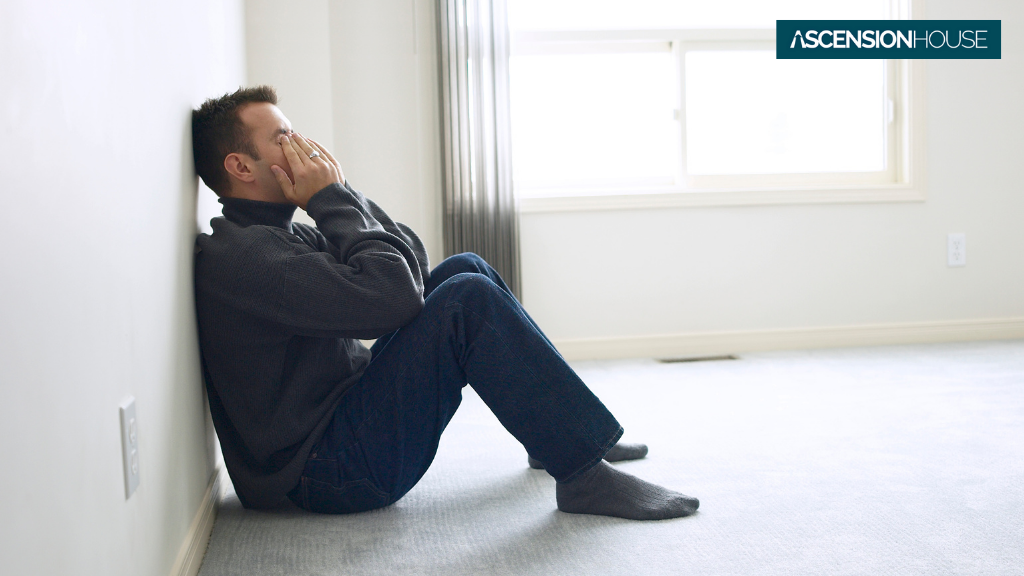
Being Easily Irritable
Another common symptom those with high-functioning anxiety display is irritability. Snapping at people, losing patience quickly, and feeling annoyed for no reason are not exclusively linked to anxiety, but they do show in many patients suffering from the disorder.
It is often linked to poor sleep quality and stress- both big triggers for anxious feelings- but it can also be the constant worry and feeling on edge that makes you quick to anger.
Tension in your Muscles
One of the physical symptoms of high-functioning anxiety is muscle tension. Because most sufferers of high-functioning anxiety tend to hide it well and are usually busy, successful people, their inner struggles often manifest in clenched jaws, hunched shoulders, and a tense posture.
Clenching and tensing your muscles all day can cause headaches and other pains, contributing to fatigue and irritability.
Experiencing Trouble Sleeping
A high-functioning anxiety sufferer is very likely to find it challenging to go to sleep, and it is probably not restful when they do. Sufferers of other anxiety disorders may also experience this, but it is certainly a defining factor of anxiety in its high-functioning form.
Many sufferers stay up very late at night because they cannot rest. It is common in successful people and is regularly chalked up to hard work and a busy mind, but there is often more to it than that.
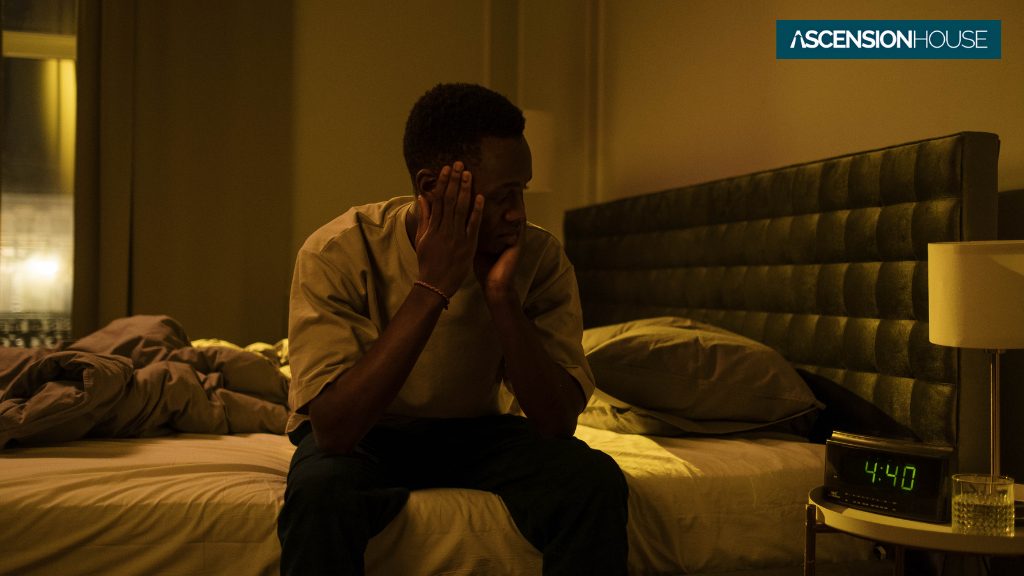
What to Do if You Think You Show Symptoms of High-Functioning Anxiety
There are ways to manage symptoms alone or with professional mental health treatment. Some prescription medications can help in the short term, and in severe cases, beta blockers and selective serotonin reuptake inhibitors are used.
Luckily, many milder cases of anxiety can be helped with a few changes to your lifestyle.
Try regular exercise, meditation, mindfulness, regulating the time you go to bed each night, and avoiding any substances that alter your feelings. It is also good to manage your schedule to avoid overloading yourself with work or social commitments, as too much stress aggravates anxiety disorders.
It is best to speak to a mental health expert to find coping strategies and treatments to help you.


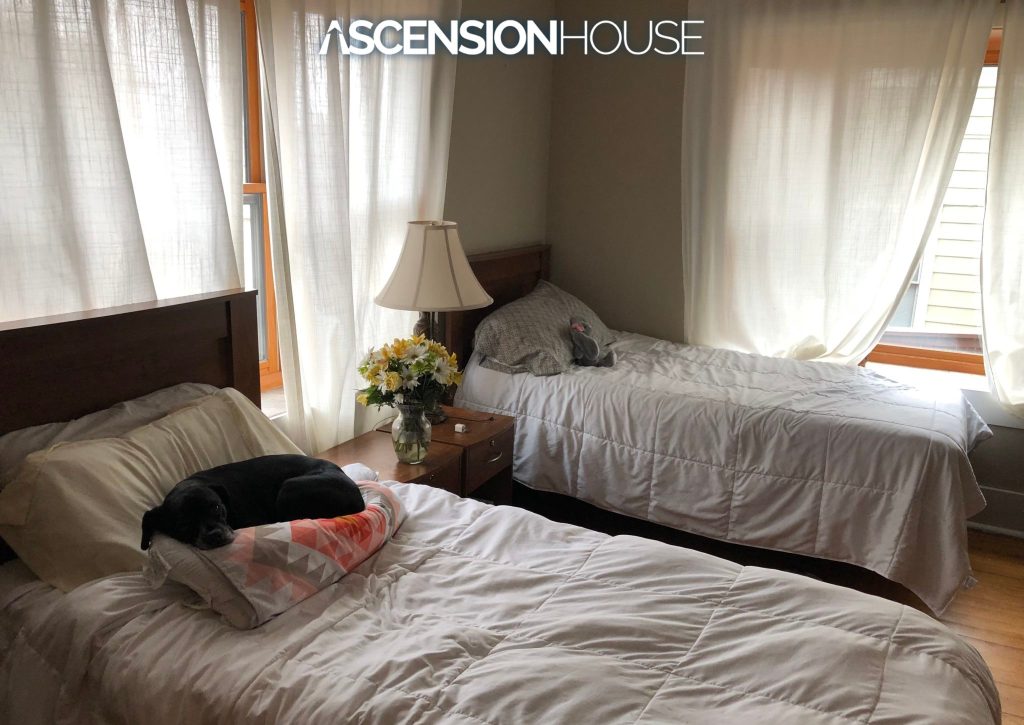


Summary
If you believe you are suffering from high-functioning anxiety, it is important to speak to a mental health professional to discuss treatment options- or take the time to manage symptoms by yourself actively. There are places you can go and things you can do to control your anxiety, and help is always available at Ascension House.
FAQs
The most important red flags to look for when determining if you have high-functioning anxiety are:
An inability to rest, relax, or sleep properly.
Feeling uneasy or irritable in situations that would not normally lead to these reactions.
Carrying tension in your muscles and posture.
Constantly feeling fatigued but still not being able to get a good sleep.
Having no balance between being hyper-focused and organized and not being able to concentrate at all.
Worrying about things on a disproportionate scale.
General anxiety sufferers have difficulty coping with simple tasks and often cannot function normally throughout the day.
A high-functioning anxiety sufferer does not have these problems in their daily life. They are often very organized and focused on the task at hand. Their issues are internalized most of the time.
It can be challenging to tell if you are just normally anxious or showing symptoms of an anxiety disorder. One of the best ways to tell is to determine if you are excessively anxious.
There are five signs to help you measure the level of your anxiety.
Does your anxiety manifest physically? Does your heart rate feel elevated, are you sweating or trembling, or does your breathing feel strange?
Is your anxiety proportionate to the situation you are facing? Feeling incredibly anxious on occasion when facing something major does not make a disorder- but if you feel that way whenever something minorly inconvenient or stressful happens, there could be something to it.
Have you isolated yourself from people, places, activities, or objects because of how anxious you feel?
Do you have a poor sleep all the time? The odd sleepless night is understandable, but when it becomes regular, it creates more problems.
Have you been feeling anxious regularly for at least six months?
Although they are different, high-functioning anxiety shows very similar symptoms to generalized anxiety disorder. They can also be treated using the same methods.
Book a Free Assessment
Contact us to schedule a free addiction or mental health assessment as part of our admissions process.
 11700 Bittern Hollow Dr., Austin TX 78758
11700 Bittern Hollow Dr., Austin TX 78758 (512) 598-5030
(512) 598-5030
